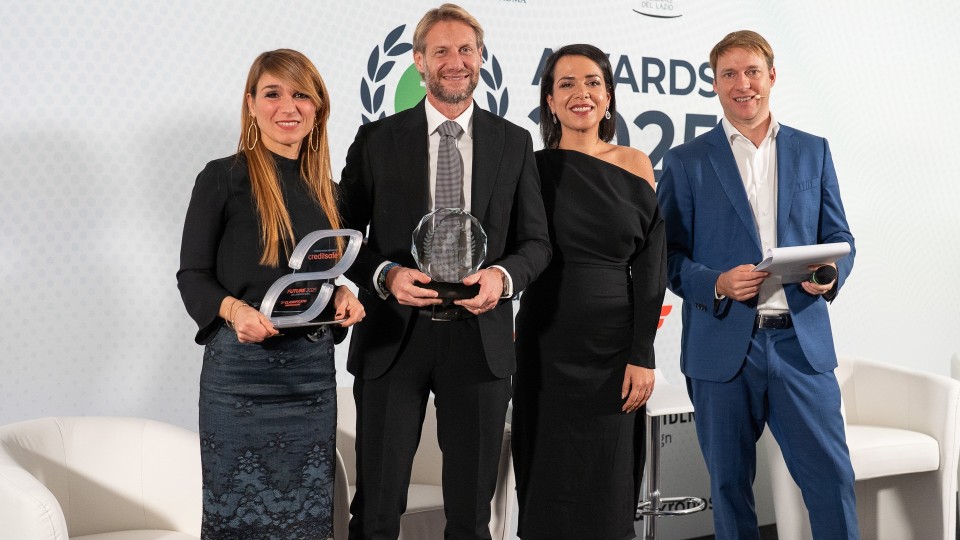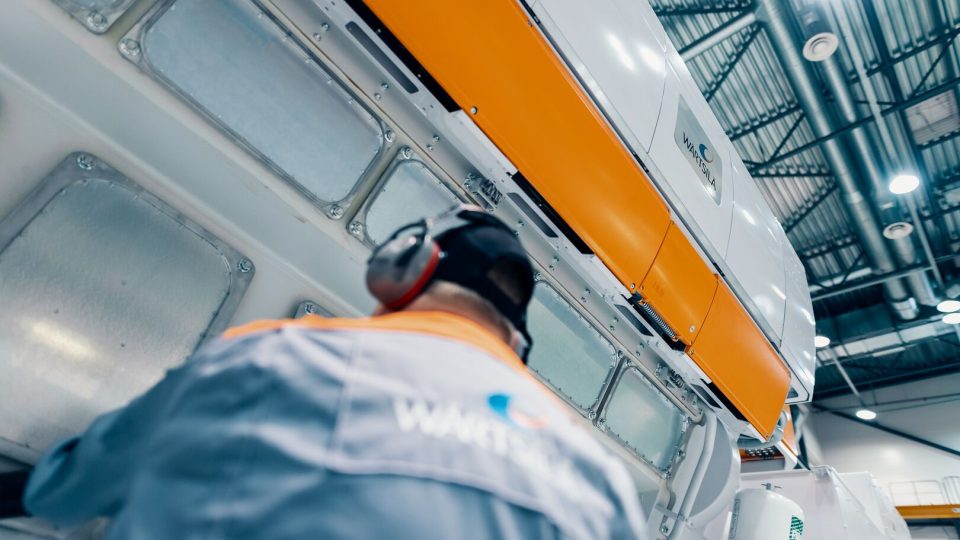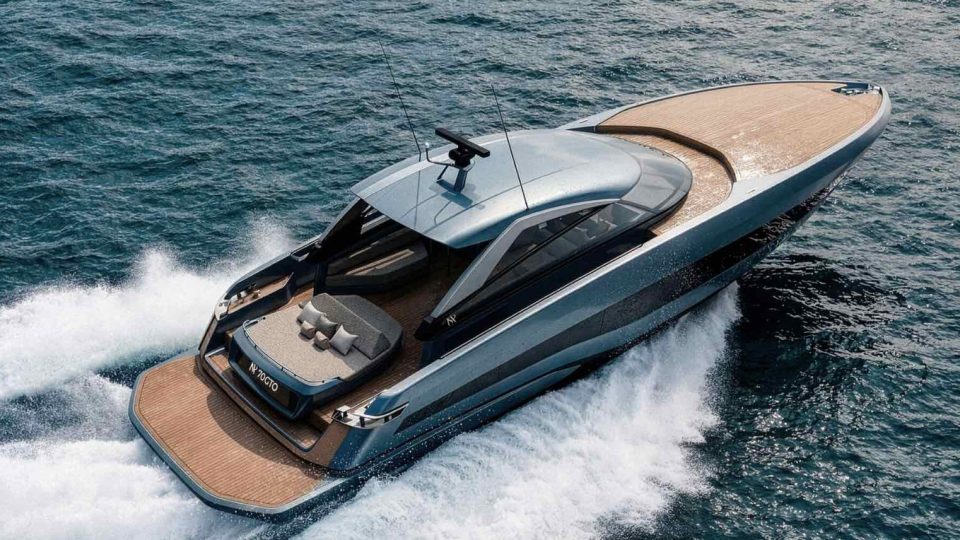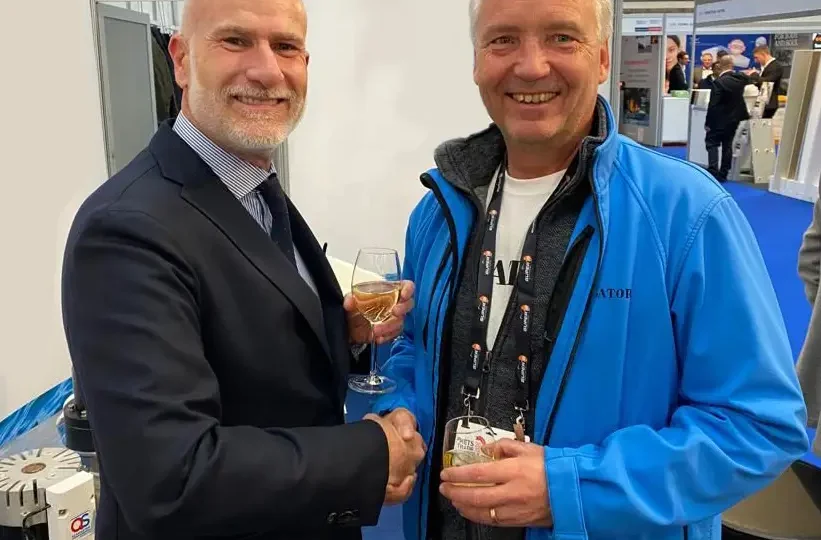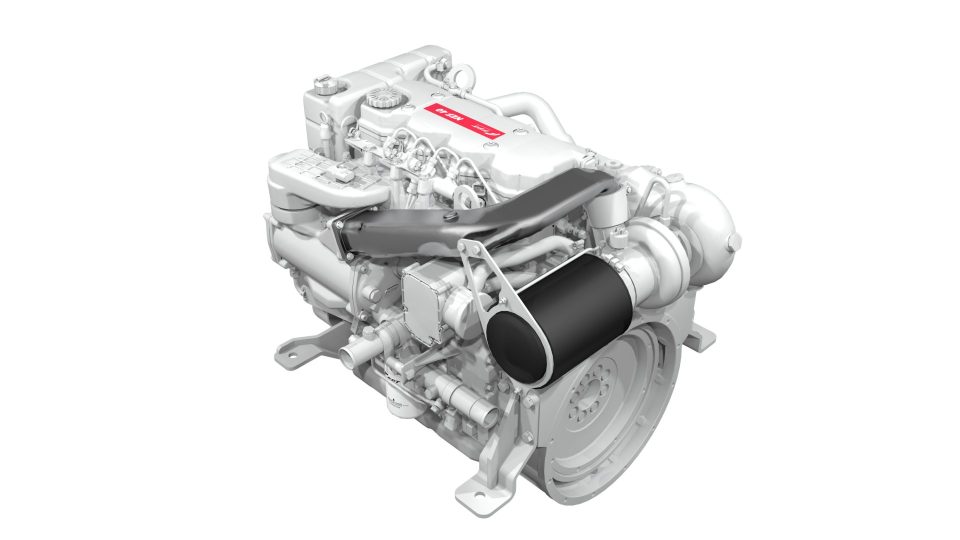Cannes Yachting Festival: Rolls-Royce presents new mtu bridge and propeller solutions
At the press conference held yesterday in Cannes, Rolls-Royce Power Systems presented the new fully integrated bridge and automation systems developed with Team Italia and mtu NautIQ, the new yacht engines now released for sustainable fuels and the cooperation with ZF for the pod systems.
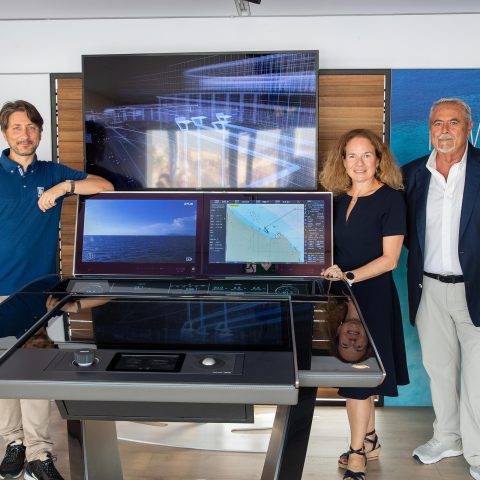
In line with its “Bridge to Propeller” strategy for maritime applications, at the Cannes Yachting Festival the business unit Power Systems of Rolls-Royce presented the expanded portfolio which includes new bridge and automation solutions from specialist Team Italia Marine, which Rolls-Royce acquired in July 2023. Based on a new cooperation with ZF, the portfolio will also be expanded to include high-efficiency pod drives. At the core of the mtu yacht offering are the mtu Series 2000 and 4000 yacht engines, which are now released for operation with renewable diesel (HVO). The main yacht engines are also available with exhaust aftertreatment systems for IMO III regulated areas. The company is also working on methanol solutions and hybrid propulsion systems.
The new bridge offer safety, reliability and comfort
Denise Kurtulus, Vice President Global Marine at RRPS, said: “Using fully integrated systems, we can best meet the different requirements of our customers when operating a vessel. We are already using artificial intelligence for this purpose, and the trend is increasing”.
A fully integrated bridge is a central point of interaction for the captain, where not only all the data from the propulsion system is collected, but also the operating data from all the ship’s auxiliary and navigation equipment can be collected and the equipment operated.
Nicola Camuffo, Head of the mtu Yacht Competence Center in La Spezia, explained: “In a world where the complexity of on-board systems is increasing due to different customer requirements and new regulations – with hybrid and electric propulsion systems, exhaust aftertreatment systems, alternative fuels, etc. – our integrated bridge represents a perfect infrastructure, providing a single point of access to all information in a structured and efficient way. The same infrastructure will host autonomous functions, equipment health management (vessel monitoring systems) from the mtu NautIQ portfolio and other data-driven functions in the future”.
Massimo Minnella, who founded Team Italia together with Daniele Ceccanti, announced: “We will launch innovative products for the next generation of yachts. They will have a much wider range of functions in automation and control”.
mtu yacht engines approved for sustainable fuels
Rolls-Royce has now approved the main mtu Series 2000 and 4000 engines for yachts for EN15940 synthetic diesel fuels, such as renewable diesel (HVO).
Denise Kurtulus explained: “We see HVO as a very effective sustainable solution because the fuel is already available. For the future, we see e-methanol as the most promising marine fuel. With “green” methanol from renewable energies, CO2-neutral yacht operation is possible. In addition, harmful emissions such as nitrogen oxides and particulates can be significantly reduced. Compared to the other sustainable fuels hydrogen, methane and ammonia, methanol has the highest energy density, taking into account the tank system”.
Rolls-Royce is currently developing methanol propulsion solutions for yachts and workboats. Within the publicly funded MeOHmare project, Rolls-Royce is currently focusing on single-fuel technology and will be testing it on the single-cylinder test bed and the full-engine test bed in the coming years. “We are also testing dual-fuel solutions, which we see as a useful bridging technology,” said Denise Kurtulus.
New in the portfolio: highly efficient pod propulsion systems with ZF
On the propeller side, Rolls-Royce is expanding its portfolio with fuel-efficient and particularly maneuverable pod propulsion systems. For this purpose, Rolls-Royce is cooperating with ZF and will in future offer propulsion systems based on the ZF Pod 4600 and mtu Series 2000 engines in the power range up to 1,250 kilowatts (1,700 hp).
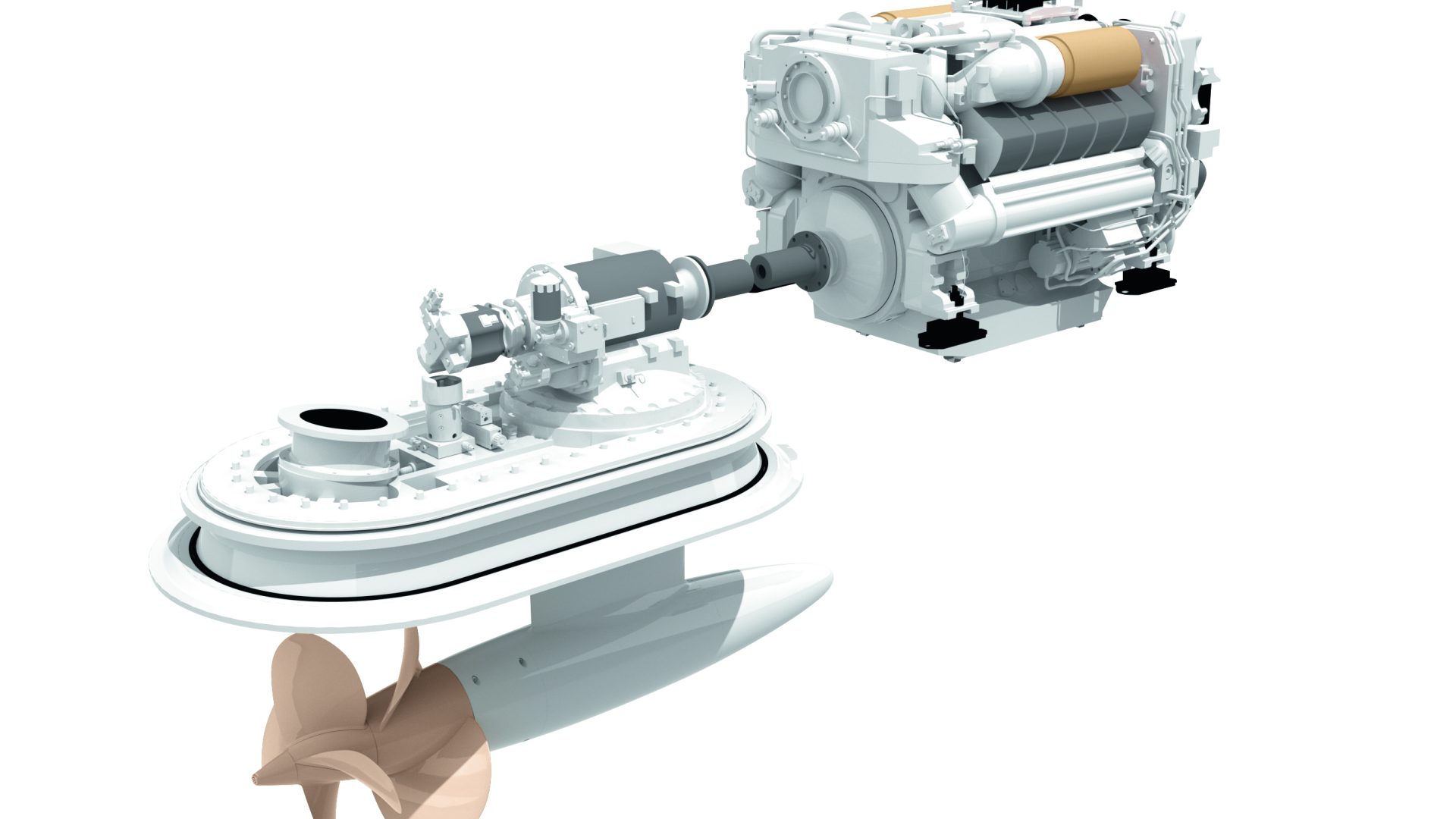
Kurtulus explained: “Our strategic goal is to offer our customers integrated, highly efficient solutions in the yacht market – from bridge to propeller. This includes our bridge solutions, automation and crew assistance systems, mtu engines, mtu hybrid systems, and now pod drives.”
Rolls-Royce Power Systems and ZF are now expanding their long-standing partnership in marine propulsion systems to include pod propulsion packages in the power range up to 1,250 kilowatts (1,700 hp), and later also up to 1,470 kW (2,000 hp), based on mtu Series 2000 engines and ZF’s POD 4600.
Kurtulus added: “We offer this integrated solution to provide a better yachting experience with easier maneuverability and space and efficiency gains. Propulsion efficiency can be increased by up to 15 percent with the mtu-ZF combined solution, significantly reducing the carbon footprint. Compared to conventional fixed propeller drives, the yacht’s maneuverability can be significantly improved.”
The new systems will be offered for series-production yachts up to around 30 meters in length with a top speed of up to 32 knots, and for workboats such as crew transfer vessels. New projects are being developed in close cooperation between Rolls-Royce with its Italian-based Yacht Competence Center, ZF and yacht manufacturers. In the future, Rolls-Royce will supply the complete propulsion package to the customer.

